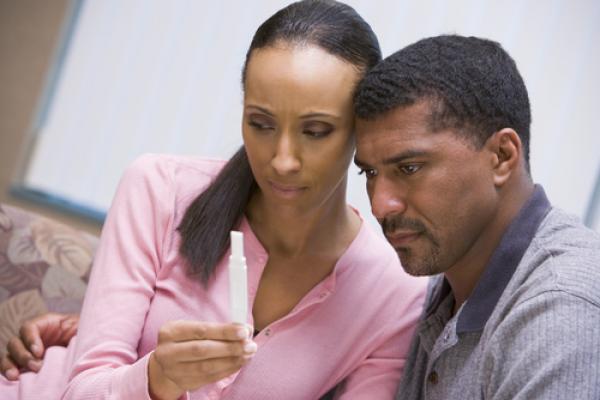Moms should be celebrated, and they deserve all the flowers, spa days, pampering, and gifts given to them. I love my mom and I can’t thank her enough for all she has done for me and my family — Mother’s Day doesn’t even begin to cover the gratitude I have for her.
But for many, Mother’s Day is the most painful day of the year. For women who have experienced miscarriages, have had children die, have had abortions, who want to have kids but are struggling or unable to, have had to give up their children or currently have broken relationships with their kids, the holiday serves as a stark reminder filled with personal sorrow.
Christian communities can be especially harsh because of their tendencies to show favoritism to the idea of motherhood — as if mothers are somehow more holy and righteous than non-mothers. In an effort to praise and empower marriage, healthy parenting, families, and the sanctity of life, Christian subculture often mistakenly and unintentionally alienates those around us — especially women.
Read the Full Article

